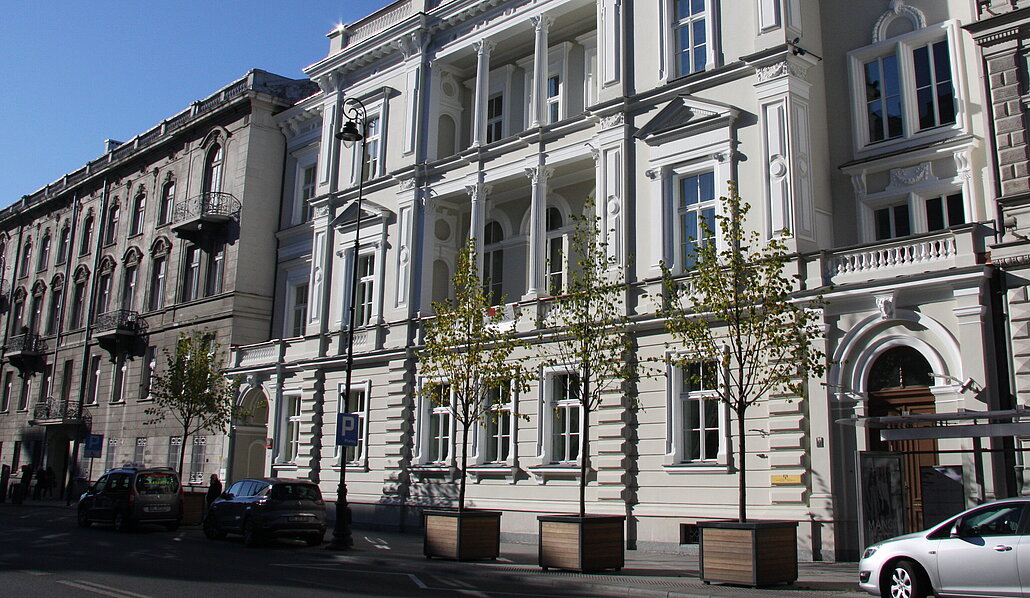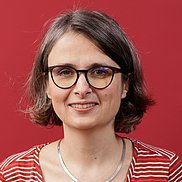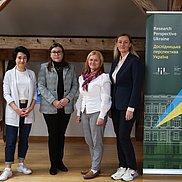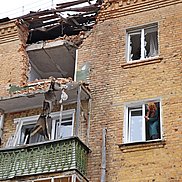Summer is the time of year that is marked by specific characteristics such as sunshine, warmth, and growth, and because of all this, it has always had a special place in culture and society. The beginning and the end of the summer was and still is partly connected with certain rituals. It should be noted that summer in life has always been a moment of freedom, looseness, and possibly relaxation in personal experience. The summer palaces of the monarchs bear witness to this. But it can also be seen in rural and urban cultures of the 19th century. With the advent of holiday travel, another special ritualization of summer began, which of course only included certain strata of the population and also focused on certain landscapes, such as the sea coasts. Summer could mean not only working less, taking on other jobs or seasonal work but also going to war. For instance, the Franco-Prussian war of 1870 or both World Wars started in the summers of 1914 and 1939.
The study of summer and its holidays could be well situated within the field of leisure studies. Social historian John Walton saw leisure as “an expression of class identity and culture under attack from the repressive and manipulative forces of middle-class authority.” According to him, this simplified dichotomy between “class expression” and “social control” remains a valuable component while analyzing this phenomenon and allows connecting the study of holidays with other topics in modern social history. In the past few decades, the field of leisure history was primarily preoccupied with the study of working-class holidays as the working-class leisure experienced major changes in the nineteenth and early twentieth centuries. Nevertheless, free time activities have also evolved for other social classes. However, their practices and experiences of leisure have remained understudied. Moreover, social historians, lacking archival sources, found it especially difficult to analyze individual or family use of free time, often favoring the study of public leisure vs. private holidays.
This workshop aims to study the experiences of summer and its leisure activities from the perspective of individual and family biographies. Each person, regardless of their social environment or resources, has experienced different summers and associates certain memories in his or her biography. Biographical memories of childhood or adolescence in particular are often associated with summer experiences. Thus we can define that the study of the phenomenon “summer” on the background of individual and family biographies offers many intersections between history and nature. It also offers new insights to the study of modern social history. We welcome papers that engage with such questions as: What effects do this special season and its natural phenomena have on human experience? To what extent does it shape memory? What is the age-specific and sex-specific division of leisure? To what extent have summer phenomena become year-round phenomena in modern life? How are summer holidays devalued today, since they no longer cover the entire summer? What attempts have been made since modernity to trick the change of seasons and thus incapacitate nature?
The workshop welcomes various approaches and encourages submissions that cross disciplines. We seek to gather an international group of scholars who will discuss a broad spectrum of aspects related to the social and cultural history of summer and its relation to history and culture. Graduate students are encouraged to submit as well.
Each presentation should last no more than 20 minutes. Travel and accommodation costs will be covered for all selected presenters. The workshop will be held in English. You will be required to submit a final paper to the organizers one week before the beginning of the event. Scholars interested in presenting at the workshop are asked to send abstract proposals of no more than 500 words with a short bio by 21 December, 2020 to the following address: malinauskaite@dhi.lt.
Organizers:
Prof. Dr. Ruth Leiserowitz (German Historical Institute Warsaw)
Dr. Gintarė Malinauskaitė (Branch Office Vilnius of the German Historical Institute Warsaw)
Partner: Thomas Mann Cultural Centre
Venue: History Museum of Curonian Spit (Pamario str. 53, Neringa)
Deadline for submission of proposals: 21 December 2020
Notification due: 30 January 2021
Location and date: Nida (Lithuania), 26-27 May 2021






